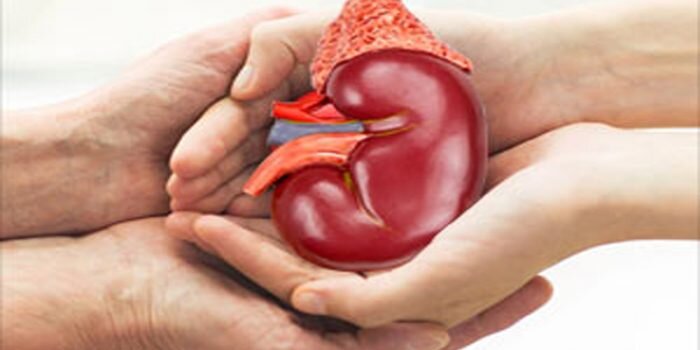Kidney Donor FAQs
Interested in becoming a kidney donor but have a few questions? We have the answers you’re looking for in regards to becoming a kidney donor, from how to find out if you're a match and the risk to recovery time and cost. Don’t see the answer you’re looking for? Feel free to reach out to us at Midwest Nephrology, we encourage you to contact us today to help make sure you’re getting the correct information and accurate Kidney Donor FAQs. Our experts have been serving the greater Southeastern Wisconsin area since 1989.
Frequently Asked Questions for Kidney Donors

WHO CAN BE A KIDNEY DONOR?
Anyone 18 years or older and that is in good physical and emotional health can apply to be a donor.
DOES MY BLOOD TYPE HAVE TO MATCH?
No, however, kidney donors must have a compatible blood type with the recipient.
WHAT HAS TO MATCH TO BE A KIDNEY DONOR?
There are three main blood tests that will determine if a patient and a potential donor are a kidney match, this includes:
- Blood typing
- Tissue typing
- Cross-matching
WHAT IS BLOOD TYPING?
Blood typing is the first blood test that will determine if your blood is a compatible match with the potential donor's blood. This test measures blood antibodies that react with different blood groups.
WHAT IS TISSUE TYPING?
The first blood test is to determine the tissue (HLA) type of the patient and the potential donor to see how well they match.
WHAT IS A CROSS-MATCH?
A serum cross match is a blood test you and the donor will have multiple times, including right before the transplant surgery.
WHAT ARE THE ODDS OF BEING A KIDNEY MATCH?
Siblings have a 25% chance of being an "exact match" for a living donor and a 50% chance of being a half-match.
WHAT EXCLUDES YOU FROM DONATING A KIDNEY?
Medical conditions that could prevent you from being a donor include having high blood pressure, diabetes, cancer, HIV, hepatitis, or acute infections. Additionally having a serious mental health condition may also prevent you from being a donor.
IS THERE A WEIGHT LIMIT FOR DONATING A KIDNEY?
Potential donors with BMI greater than 30 are warned of an increased risk of developing chronic co-morbid conditions if they donate a kidney, while those over 35 BMI are generally rejected from the donor pool.
WHO PAYS IF YOU DONATE A KIDNEY?
The recipient's Medicare or private health insurance generally will pay.
IS IT PAINFUL TO DONATE A KIDNEY?
After leaving the hospital, the donor will typically feel tenderness, itching and some pain as the incision continues to heal.
WHAT’S LIFE LIKE AFTER DONATING A KIDNEY?
After kidney donation, most people return to normal daily activities after two to four weeks.
CAN YOU DRINK ALCOHOL AFTER DONATING A KIDNEY?
There are no dietary restrictions following donation.
WHY SHOULD I GO TO MIDWEST NEPHROLOGY?
We have a distinct commitment to serve the community and its people with the most up to date facilities, convenient locations, and with the finest physicians. We provide care and guidance for patients with kidney disease including but are not limited to Chronic Kidney Disease. So contact us today, our team of specialized kidney doctors are ready to help you live a healthy and comfortable life from any of our clinics across Milwaukee, Waukesha and all of Southeast Wisconsin.
CONTACT MIDWEST NEPHROLOGY ASSOCIATES TODAY
Have any questions or concerns? Our dedicated team of physicians and certified staff are here to help answer all your questions and can help set up an appointment for you or a loved one. Contact Midwest Nephrology Associates for more information on Kidney Cancer and for help finding a treatment that works best for you.